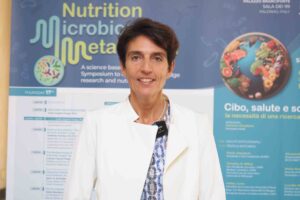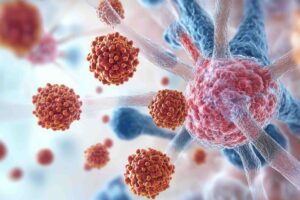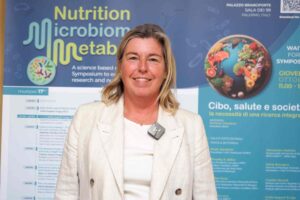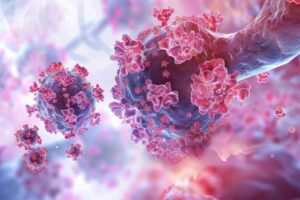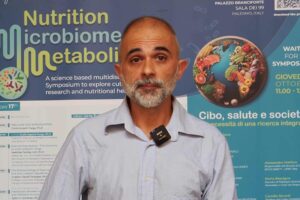In a recent Symposium held by The Ri.med Foundation, experts gathered to explore groundbreaking research at the intersection of nutrition, microbiota, and human health.
In this interview, Professor Maria Rescigno explores the critical role of the gut microbiota in maintaining intestinal barrier integrity and its implications for health.
When the microbiota is balanced—a state known as eubiosis—it protects the gut’s epithelial barrier. However, disruptions in microbial composition, termed dysbiosis, can compromise gut permeability, leading to the translocation of bacterial products into circulation.
This triggers inflammatory responses in the liver, contributing to conditions such as steatohepatitis, fatty liver disease, and, in severe cases, cirrhosis or hepatocellular carcinoma.
Professor Rescigno highlights how dietary factors and pathogenic microbial species can drive this dysbiosis. Additionally, she addresses the emerging evidence linking intratumoral microbiota in colorectal cancer to increased gut permeability and the formation of a premetastatic niche in the liver, facilitating metastasis.
This underscores the intricate connection between gut microbiota and systemic disease, emphasizing the importance of maintaining microbiota balance in disease prevention and management.


